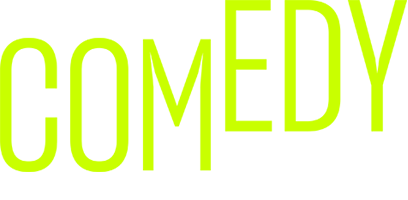In this challenging time, the healing power of laughter is more important than ever.
We hope you find this timely video segment worth watching and sharing — direct from the National Comedy Center exhibit: The Healing Power.
Look for much more exclusive comedy content from our museum exhibits on our new online platform National Comedy Center Anywhere. This platform offers a mix of free museum content, and the opportunity to upgrade and access much more, as the National Comedy Center continues its mission during the temporary closure of our museum. Visit ComedyCenter.org/Anywhere for more details and to get started.
Are you a National Comedy Center Member? All Members receive access to National Comedy Center Anywhere as part of their membership benefits. Become a Member here.
Already on our email list? Stay tuned for updates.


Healing Moments in
Comedy History
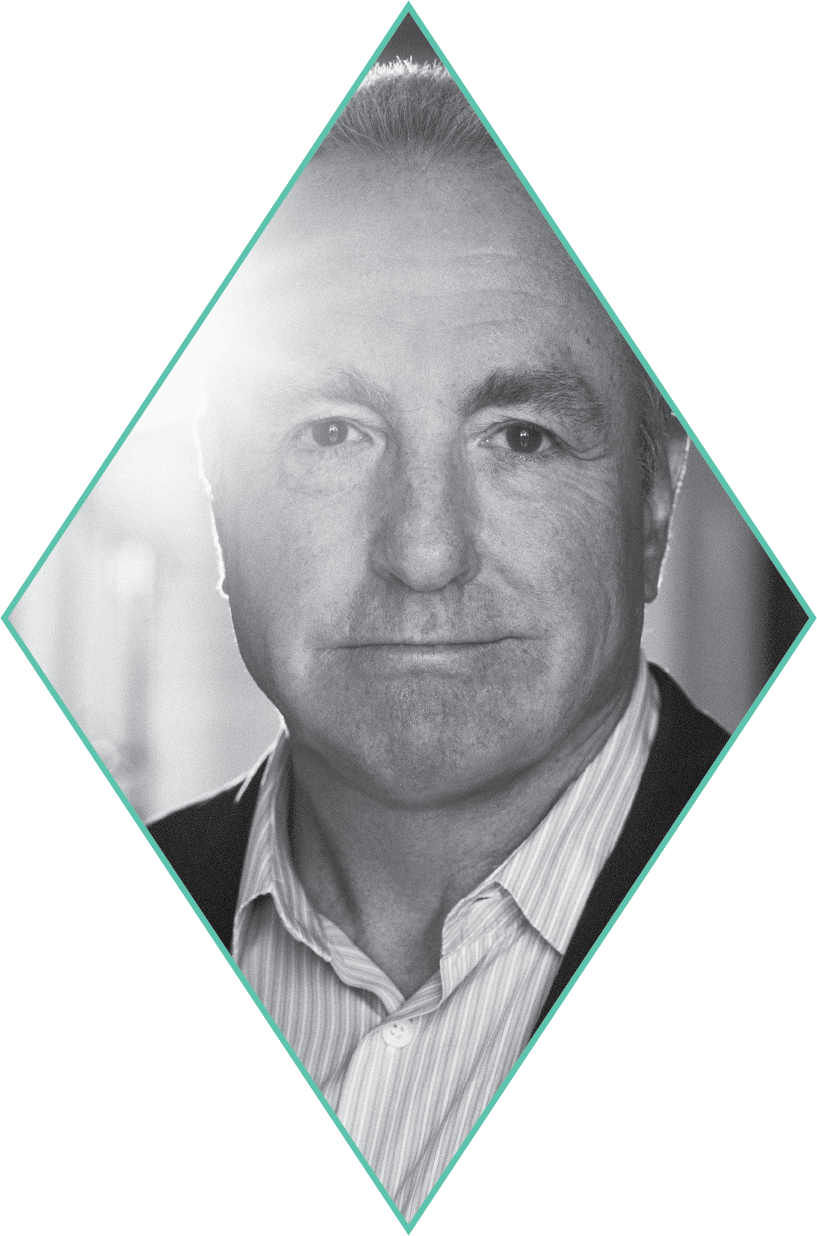
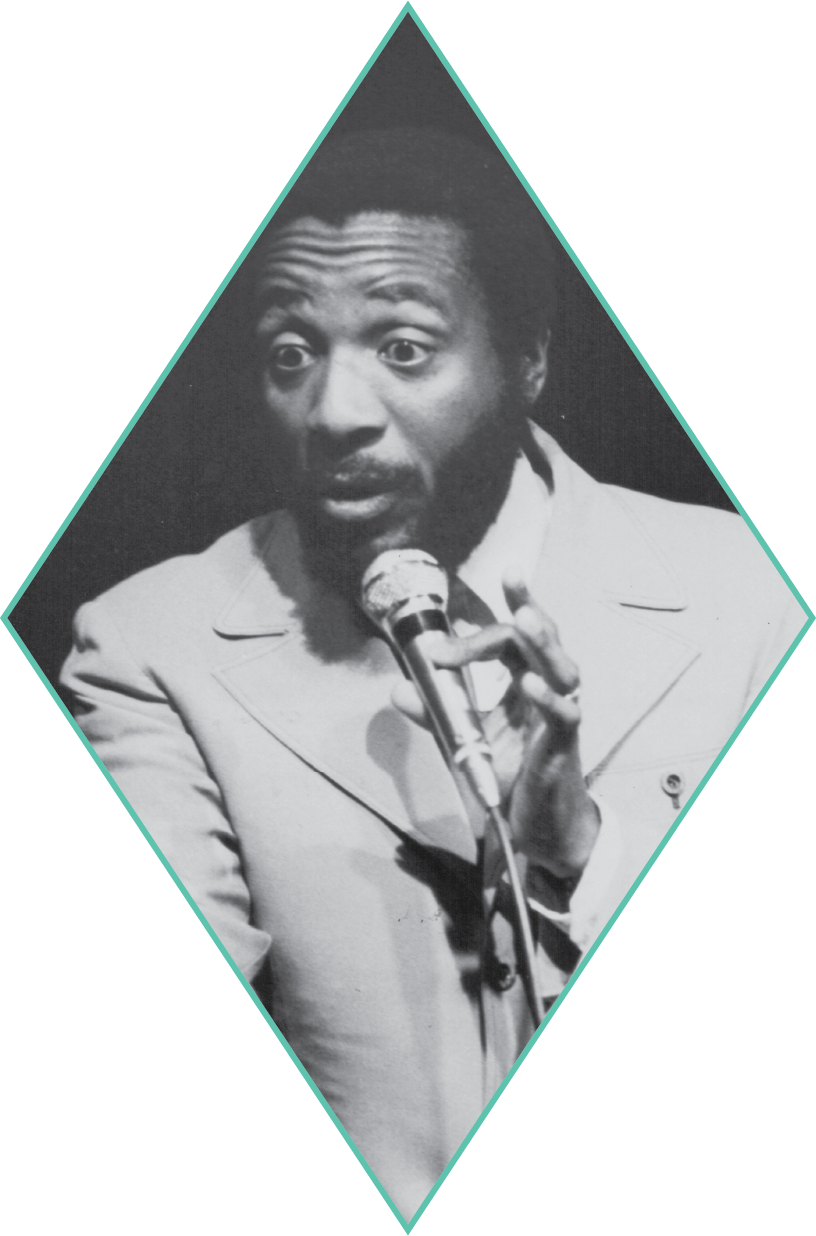
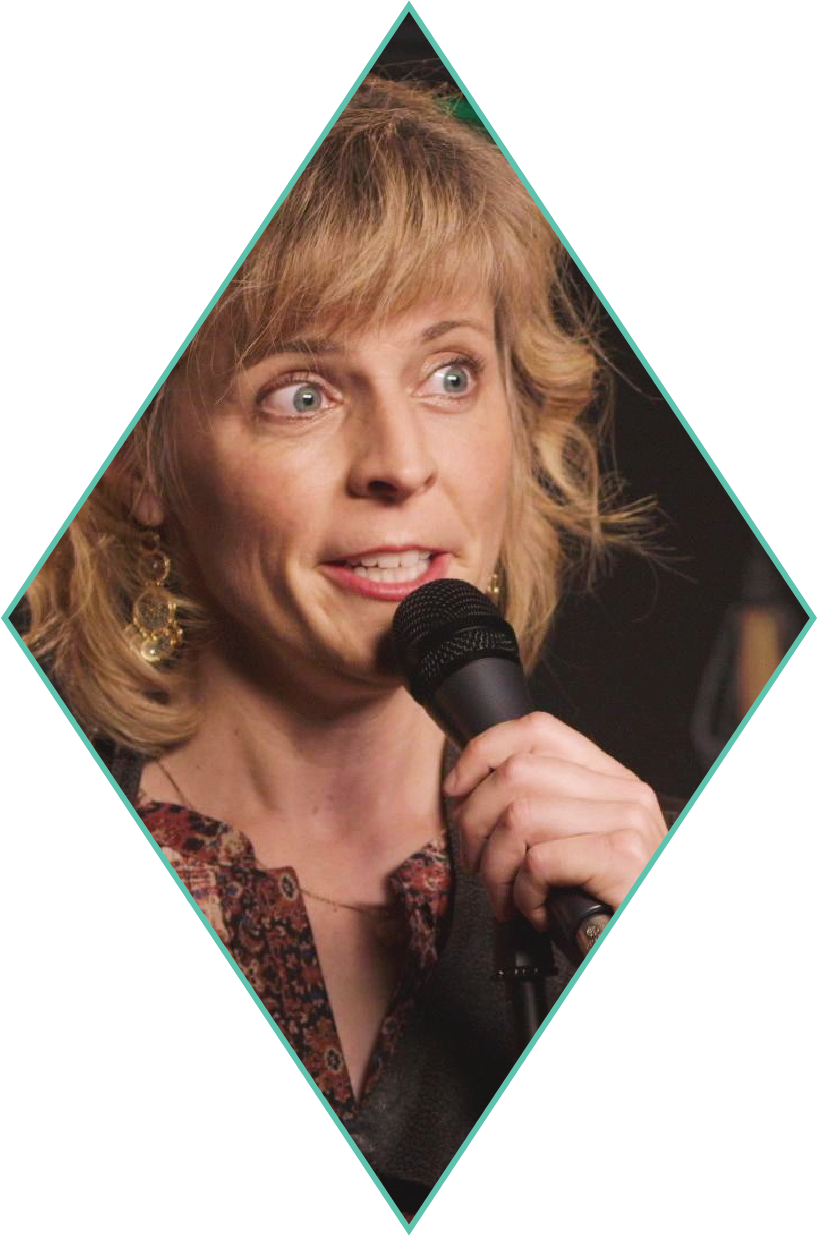
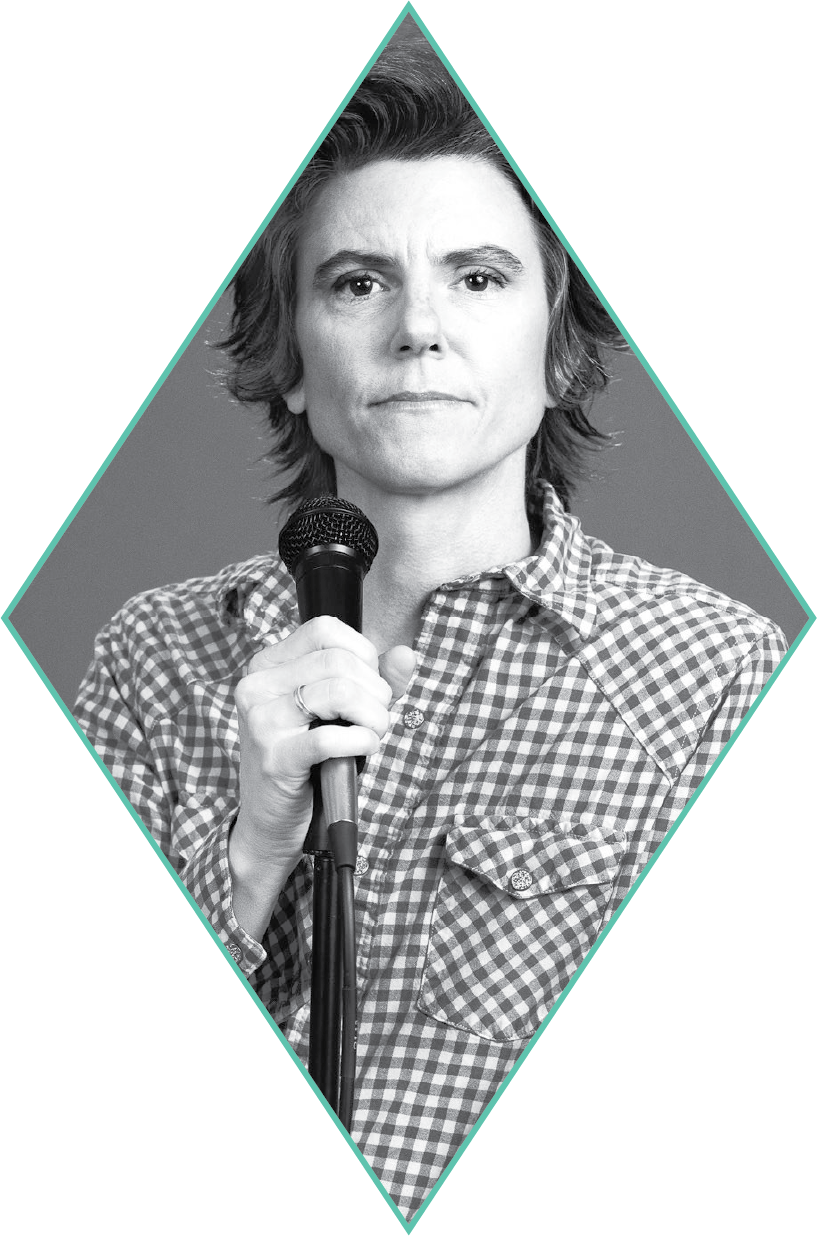
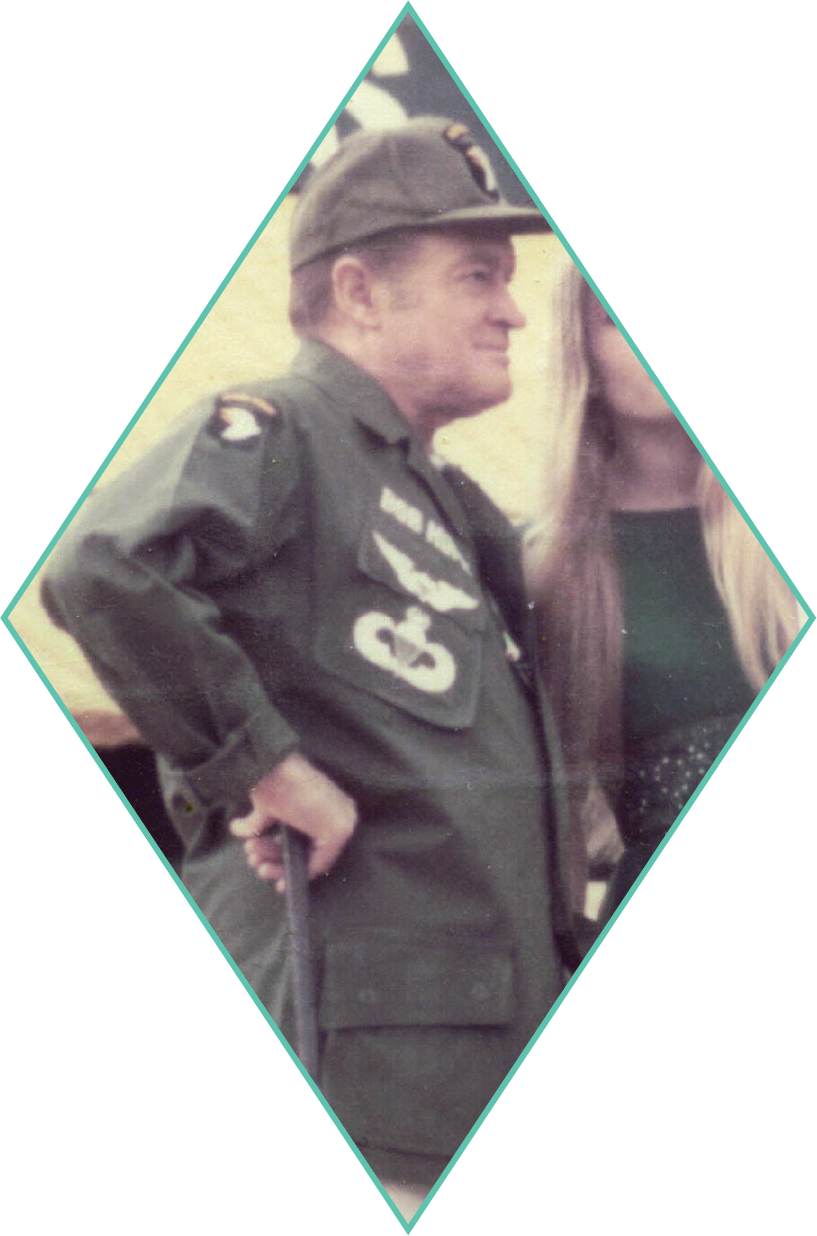
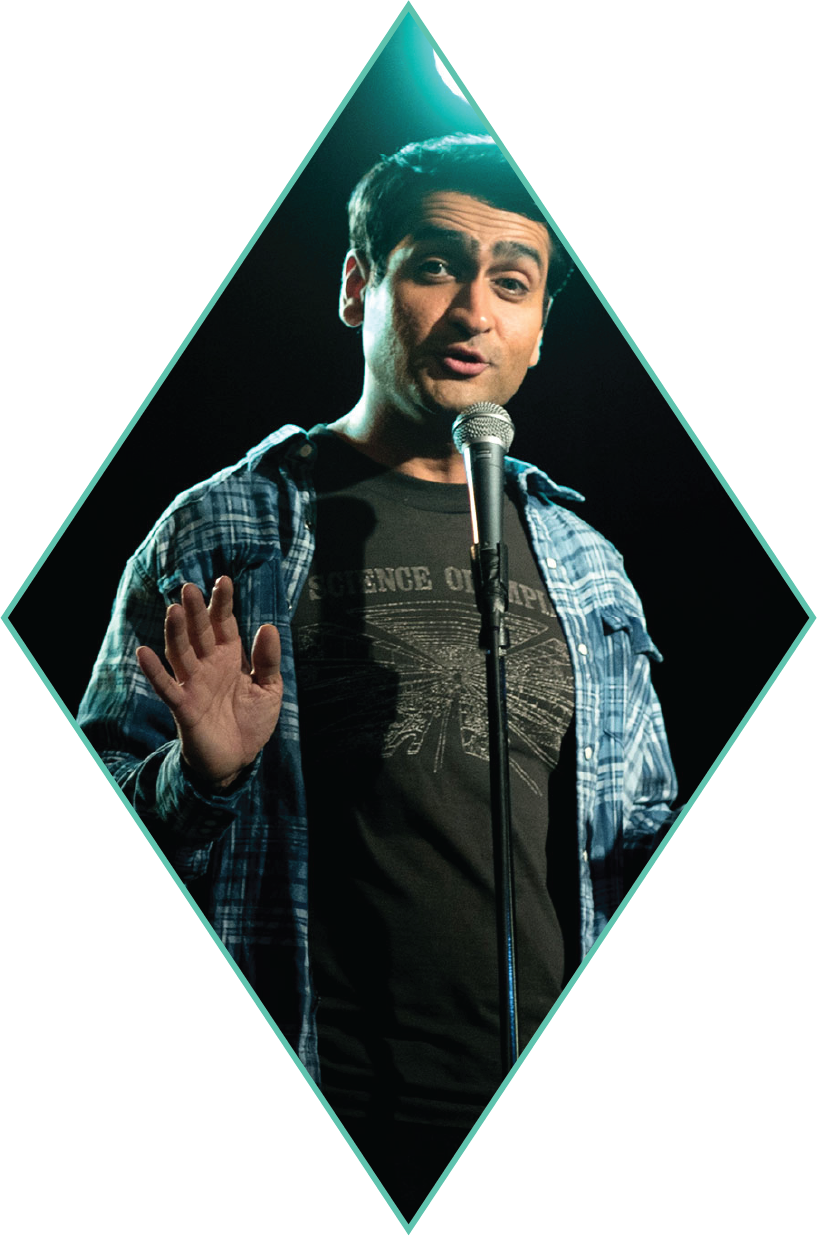
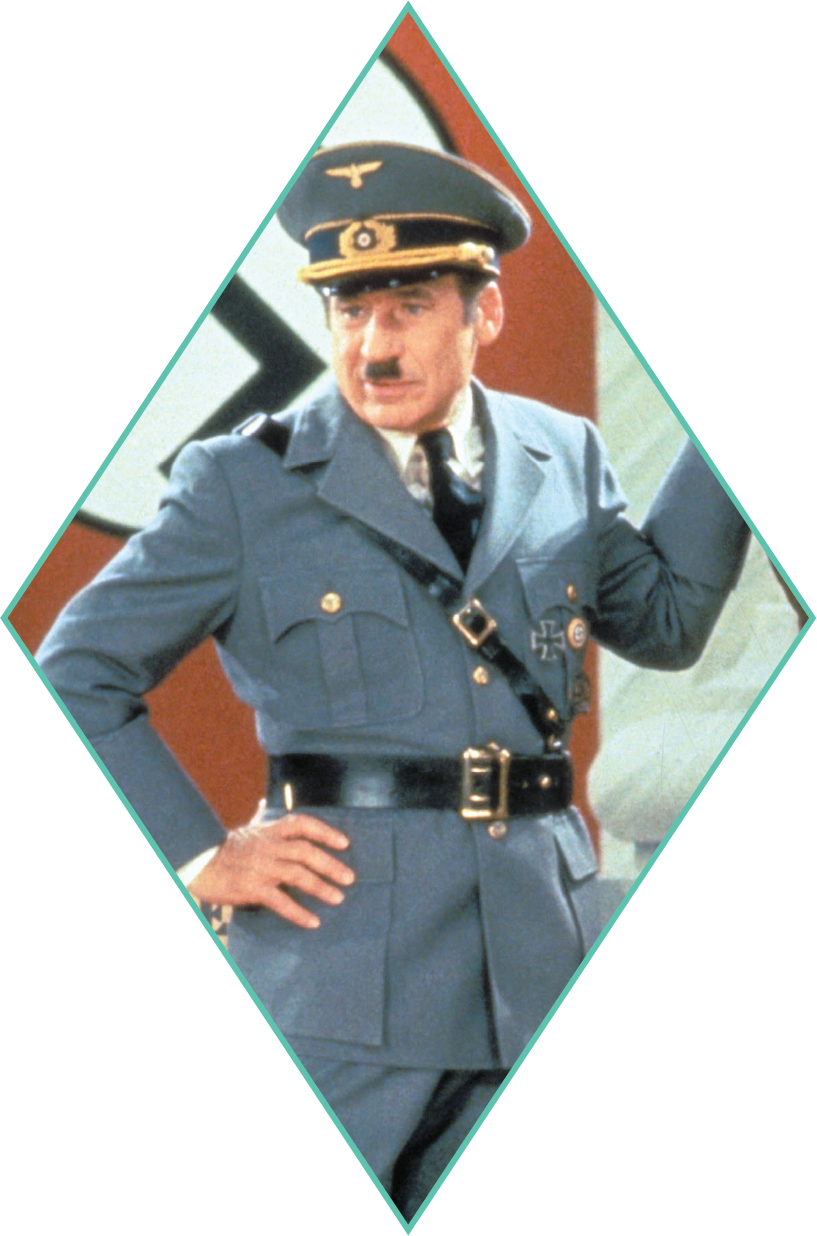
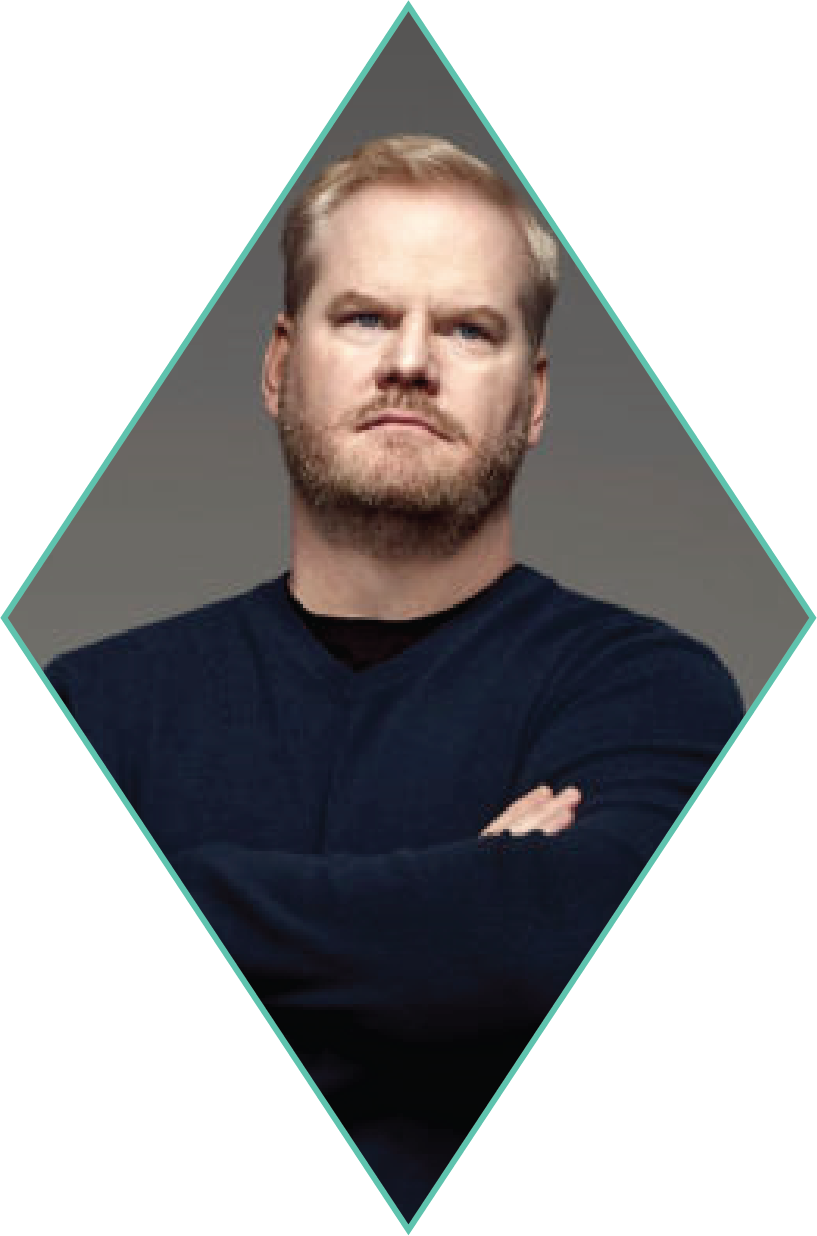
Jim Gaffigan’s wife and co-writer Jeannie encouraged him to perform autobiographical stand-up material about the challenges of navigating her own brain tumor diagnosis and subsequent surgical treatment…while raising five young children. Gaffigan’s resultant stand-up special, Noble Ape, debuted in 2018 and the couple have continued to be vocal advocates for caregivers supporting patients through the trauma of life-threatening illness.
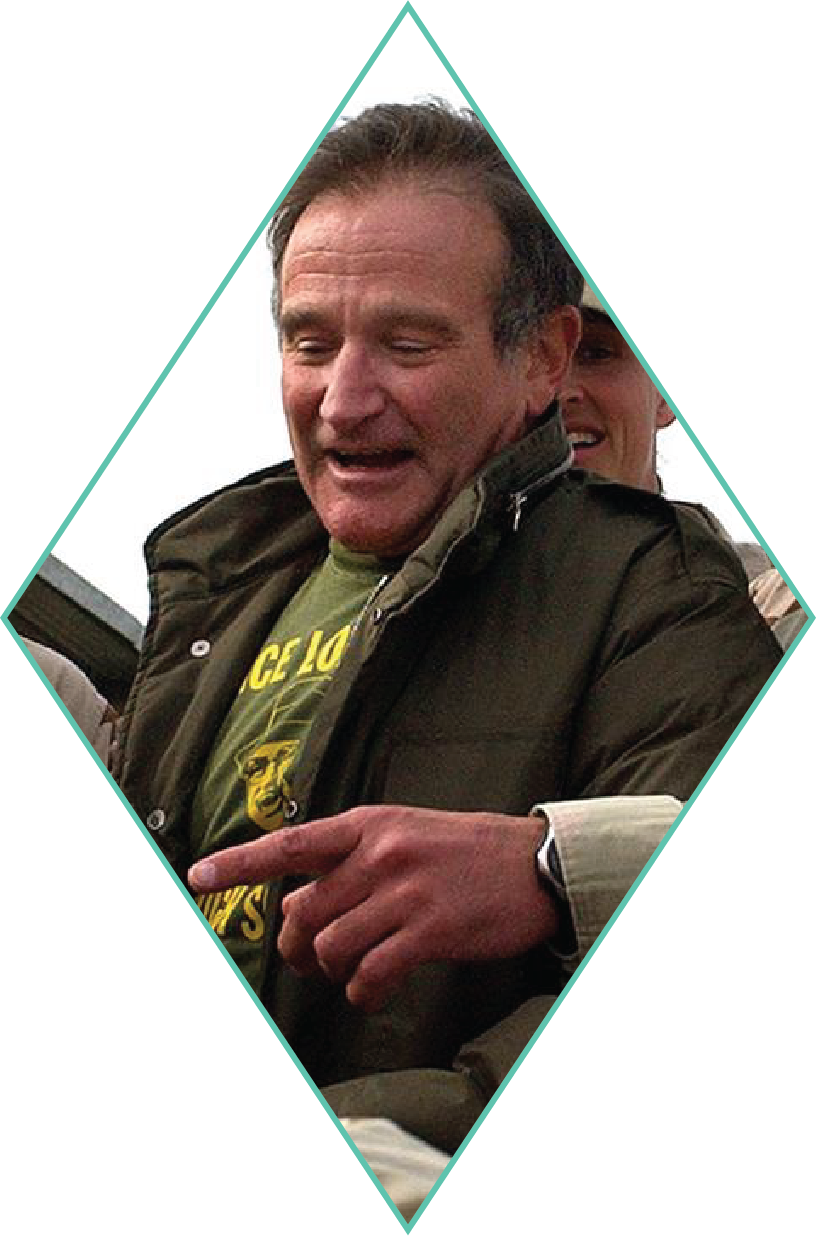
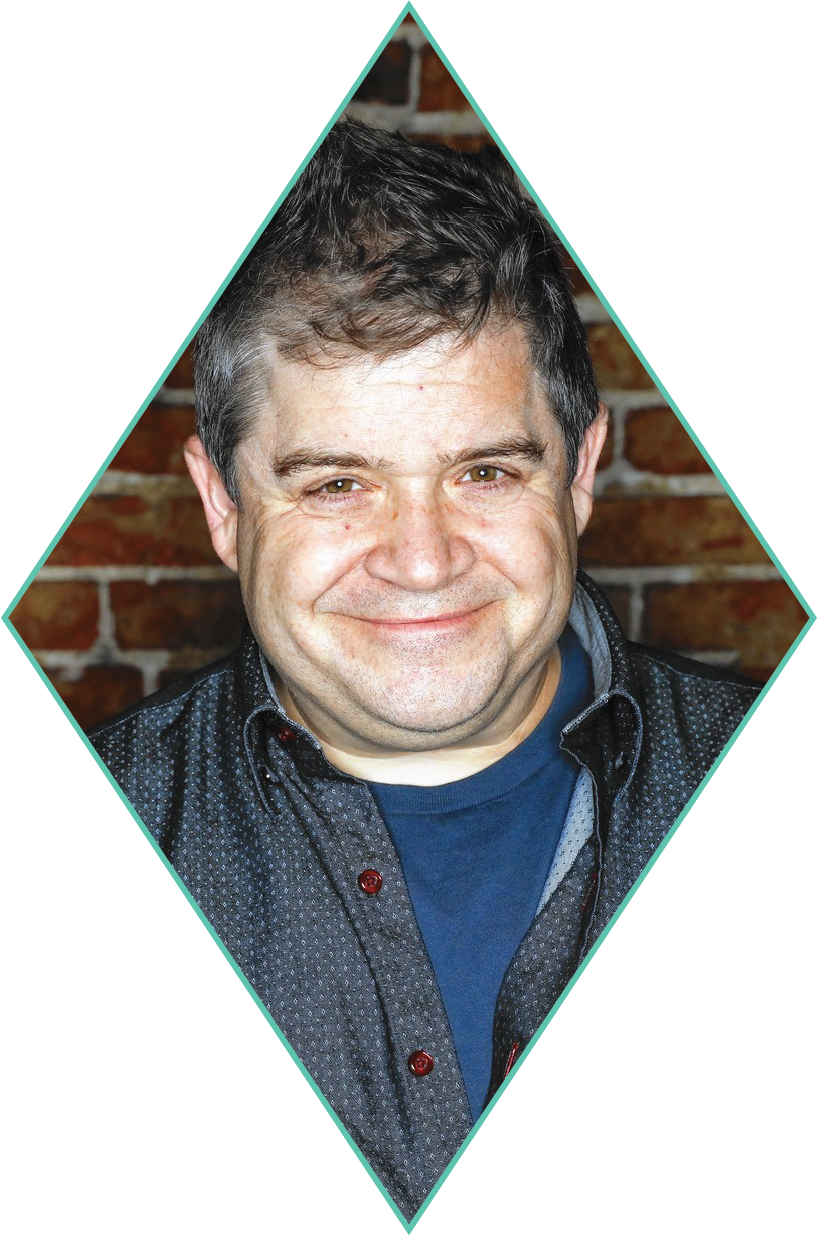
In these challenging times, the healing power of laughter is particularly important for each one of us.

The National Comedy Center is a 501(c)(3) cultural institution and we rely on the support of our generous donors and friends to help fulfill our mission. By supporting the National Comedy Center, you are making a generous commitment and demonstrating your belief in the importance of comedy as an art form.
